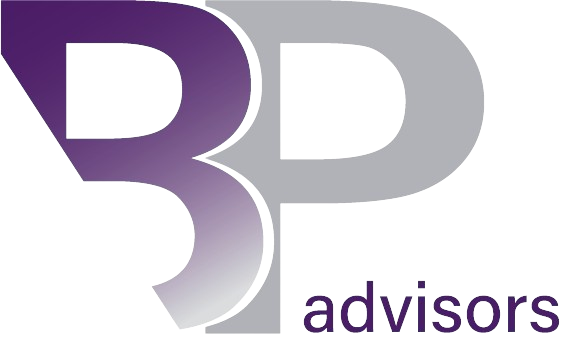

When your company grows large enough to have its own in-house QA department, it doesn’t necessarily mean that QA engineers can launch a flaw-free quality assurance process right away. There is also a need to make many important choices to create a structured QA strategy. Things can become even more challenging when you realize that you need to streamline processes and eliminate bottlenecks in an already established QA department that has its own procedures and practices.
This is where our QA consultancy services come into play. By conducting a thorough analysis of your testing department's operations, we meticulously pinpoint every area for improvement, providing you with a level of QA efficiency previously unattainable. Our software quality assurance consultants are well-versed in various testing methodologies, approaches, tools, and trends. You can rest assured that your consulting team will always go the extra mile for you, exceeding your expectations in every possible way.
A QA consultant will conduct a comprehensive review of the current team's expertise and competencies to assist you in quickly filling any gaps without incurring unnecessary expenses. Our tailored approach ensures that your team receives targeted training and development to enhance overall performance and effectiveness.
Reliable testing results come at a cost, but there is a point when the expense of testing outweighs its benefits. Consulting can help identify and address all potential cost-related issues. Through consulting, we ensure that your testing processes are optimized to strike the right balance between cost-effectiveness and the quality of results, maximizing the value of your investment.
When allocating all available resources to achieve only the most basic test coverage, it signals the urgent need for a new action plan, one in which a QA consulting company can provide invaluable assistance. When basic test coverage strains all resources, it's time for a new plan. A QA consulting company can help swiftly and efficiently.
QA consultants assist organizations in enhancing their existing QA processes or establishing new ones. This involves reviewing current processes, identifying weaknesses, and suggesting improvements to ensure that the software development life cycle is efficient and effective. QA consultants optimize processes for efficient software development through best practices.
QA consultants are well-versed in industry best practices and standards. They advise organizations on adopting these practices to ensure that their products exceed quality expectations. This may involve implementing testing methodologies, documentation standards, and quality metrics. Through their expertise, QA consultants drive continuous improvement in product quality and reliability.
QA consultants assist in selecting the right testing tools and technologies based on the specific needs of the organization. They also aid in the implementation and integration of these tools into existing workflows to streamline the QA process. By leveraging their expertise, QA consultants ensure seamless integration of testing tools for optimized workflow efficiency.
QA consultants collaborate with business and development teams to create comprehensive test strategies and plans. This includes defining test objectives, scope, test cases, and acceptance criteria to ensure thorough and effective testing. Through close collaboration, QA consultants align test strategies with business goals and development priorities for optimal testing outcomes.
QA consultants often specialize in performance testing, helping organizations evaluate the responsiveness, scalability, and stability of their software under different conditions. This ensures that the application can handle varying levels of load and performs well in real-world scenarios.
QA consultants may provide training sessions and workshops to help QA teams and developers acquire new skills, stay updated on the latest industry trends, and improve their overall proficiency in quality assurance. By staying abreast of industry advancements, QA consultants equip teams with the tools needed to navigate evolving quality assurance landscapes confidently.
QA consultants identify and assess potential risks in the software development process. By conducting risk analysis, they help organizations prioritize testing efforts and focus on critical areas that could impact the overall quality of the product. This proactive approach ensures that potential issues are addressed early, minimizing the impact on the final product.
QA consultants establish key performance indicators (KPIs) and quality metrics to measure and monitor the effectiveness of the QA process. They create reports that provide insights into the quality of the software and areas that may need improvement. These reports enable stakeholders to make informed decisions and drive continuous improvement efforts.